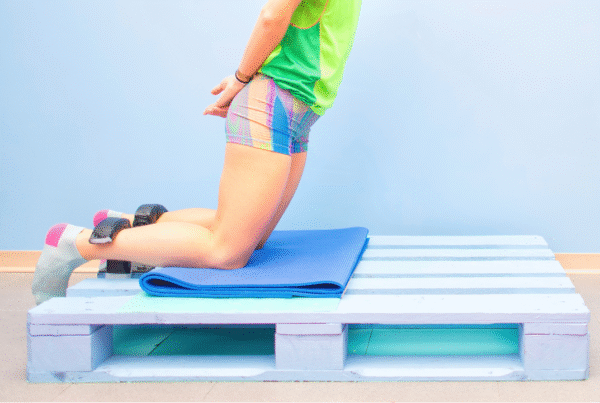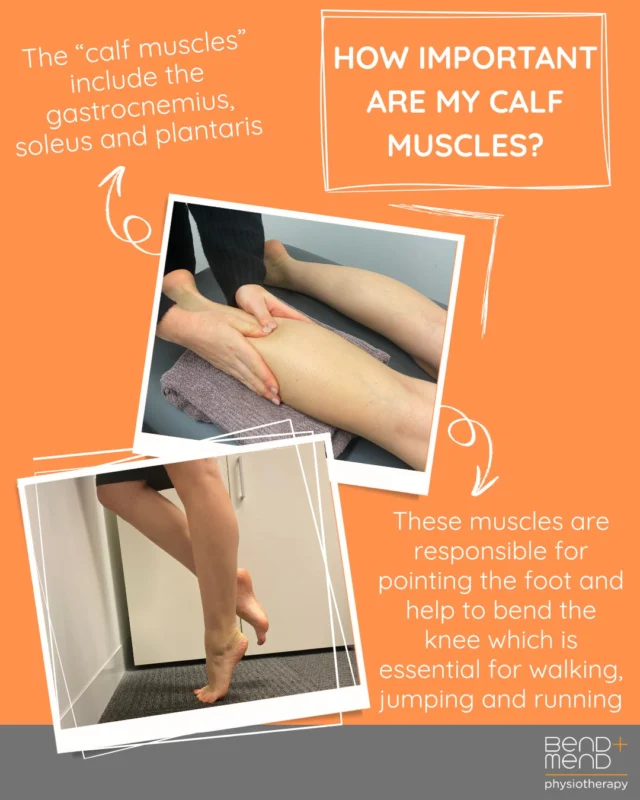 Hot-desking and agile work spaces are a current trend sweeping the business sector, especially in Sydney’s CBD. Many large companies have embraced this design in the aim to reduce costs and improve staff productivity. However, over the last few years there has been scrutiny into the actual benefits of this trend and whether or not it is worth the hype.
Hot-desking and agile work spaces are a current trend sweeping the business sector, especially in Sydney’s CBD. Many large companies have embraced this design in the aim to reduce costs and improve staff productivity. However, over the last few years there has been scrutiny into the actual benefits of this trend and whether or not it is worth the hype.
Office space is one of a business’ biggest expenses and some research has shown that up to 40% of office space is vacant at any one time. Hot-desking is where employees are not assigned an individual desk and are instead encouraged to be more flexible with their work-space and choose a specific area or desk for their chosen task. For example, being able to use a ‘breakout’ room for group discussions or be able to use an individual pod or space for quite work. This concept helps to reduce the number of physical desks, hence reduce cost. Hot-desking also claims to allow an increase in collaboration, communication and encourages flexibility.
While there appears to be various benefits of hot-desking, recent research has highlighted some negative outcomes. A recent Australian study of 1000 employees found that shared desk environments increased distrust, distractions, uncooperative behaviour and negative relationships. As well as this, many employees complain of difficulty finding colleagues, wasted time, limited ability to personalise their space and there was also a decreased perception of support from supervisors.
Another factor to consider is workplace health and safety, both in regard to hygiene and also workplace ergonomics. With the increased number of staff sharing desks, keyboards and phones there are various hygiene and cleanliness issues that may arise and potentially increase the spread of germs and illness. Many big companies endeavour to purchase chairs or desks that can be adjusted to provide good ergonomics and supports. Unfortunately, a large percentage of employees fail to complete a workstation analysis and adjust their desk and chairs appropriately for their own individual needs. For those mostly based at their desk incorrect ergonomics can increase their chance of injury and lead to long term ailment.
To summarise, hot-desking can work well for some employees, mainly those who are autonomous and mobile, research shows that many employees do not work well in these environments.
If you have any questions or concerns about your current workstation please speak to us so we can give you some advice about setting up your desk appropriately. Bend + Mend also complete onsite personalised workplace assessments to help workers in the CBD avoid injury and pain long-term.
References:
Hot-desking, activity-based work not so hot, research suggests. (2018). ABC News.





